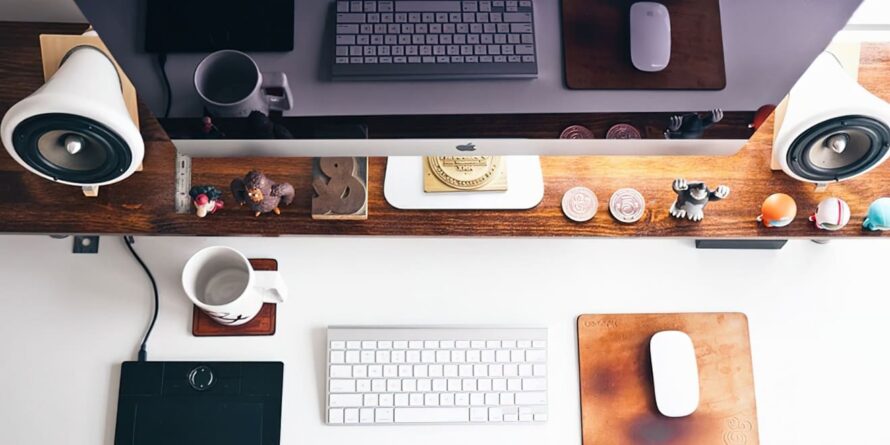The other night I found myself in a room full of friends discussing all of the taboo topics: politics, sex, religion and yes, the root of all evil, money. As I often do to spice up a conversation, I started tagging the phrase “and the zombie apocalypse” onto the end of every discussion topic. Before long a friend mentioned Elton John and I did my duty and asked how they thought the brave, British knight would fair in Deadwood, USA. One response really surprised me.
A close friend, we will call her Christy so that you can’t troll her on Facebook, blurted out, “He will be fine because he’s rich.”
“How is money going help him?”
I honestly can’t remember if I asked the question or if it was one of my more astute companions. She stared blankly at us.
I continued, “Where will he sleep if the end of the world comes? How will he find food?”
Her response was accurate but seemed wanting, “He can eat whatever he wants. He has millions of dollars.”
While her premise seemed to address the question, her conclusion demonstrated a certain lack of understanding of how some things work. At this point I should point out that she is actually one of the more intelligent people that I know. It just seems that she has some knowledge gaps, especially surrounding the concept of money and the specific mechanics of how the coming zombie apocalypse will play out.
I haven’t done a lot of research into zombies, so I will leave that topic to the professionals and I will touch on the concept of money.
Money, as we all know, can be traded for other things. That is kind of the definition of money: the circulating medium of exchange as defined by a government.
In the past, some money has been useful. If I can trade 20 chickens for a pig, then I can decide whether I want to eat my chicken, my money, or trade it for something else, the pig. When people started trading gold coins for pigs, the actually currency became less useful, but just as valuable.
More recently governments put the gold in a vault, like Fort Knox, and issued paper banknotes that represented a certain portion of the gold. Nowadays, most countries have even done away with the gold behind the paper and simple pass banknotes around that are backed by the nation’s economy, but don’t really have anything physical behind them.
For the most part we are okay with this because we can still buy groceries and cars, we can put money away for a rainy day or plan for retirement. But, like Christy, we often don’t take a step back and ask what it is that we are passing around or stuffing under our mattresses for retirement.
Money was still at least physical when it was paper. We could hold something in our hands, see it when it left our wallets and went into the cash register. But, when was the last time you paid your mortgage with cash? Actually got some paper bills out of the bank and walk around with it? We have become so detached from money that we often don’t even see it come or go. It’s simply the 1’s and 0’s that pass through our bank accounts without our knowledge.
Not only that, but a quick look at almost any household expenses summary shows that most people will have nothing to show for over 90% of what they spend within a year after they spend it. Where does it all go? The charts can show you the answer in general: housing, food, transportation. But, like a fingerprint every person’s finances are unique.
My grandmother used to write down all the things that she spent and then balance her checkbook every Sunday at church. I don’t have the discipline for that, but then again, I don’t use checks either. I rarely even use cash anymore so virtually all of my money is these 1’s and 0’s in a computer somewhere.
This leaves us with some good news and bad news, first the bad news. With the transition to electronic currencies, it is very difficult to keep track of all the places that money comes in and goes out. There can be literally hundreds of charges each month to track from dozens of banks and stores.
The good news is that someone is already tracking all of that money for you. You just need to ask them where it is going and with a few clicks on your cell phone, you can bring all that data together into one useful place.
Mobile financial tracking apps such like PocketGuard allow you to simply enter your banking information and they will automatically track all of your expenses. Daily reports give you a summary of how much you earned, how much you spent and how you are doing compared to your budget. With just a few minutes per day, you can begin to not only understand your spending habits, but take control of them.
So what is money? It is the 1’s and 0’s that float through cyberspace and provide you with all the things that you need.
Now that money has gone virtual it is much more difficult to track by yourself, but with the right technology, it can be controlled and used to get not only what you need, but more of what you want. Like that Zombie Apocalypse Preparation Kit: just in case a zombified Elton John comes knocking at your door.
Featured image credit: UNSPLASH
Aug 03, 2017
Aug 03, 2017



